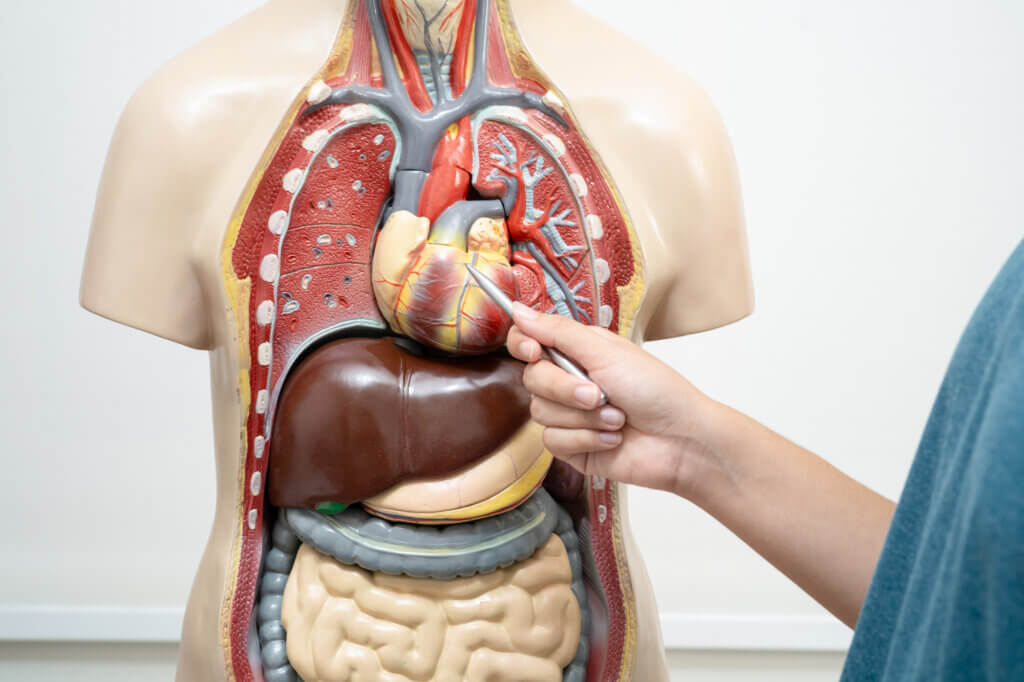

Biology is a fundamental subject for students aspiring to pursue medicine and life sciences. In CBSE Class 11, one of the most critical and extensive units is Human Physiology, which lays the groundwork for advanced studies in medicine, pharmacy, and biotechnology. A strong understanding of this topic is crucial for NEET (National Eligibility cum Entrance Test) and future medical studies.
This article explores the importance of Human Physiology, key topics to focus on, and effective study strategies to help students master this subject.
Why Human Physiology is Important for NEET
1. High Weightage in NEET and Board Exams
Human Physiology constitutes a significant portion of NEET Biology, with multiple questions directly derived from the Class 11 syllabus. Board exams also emphasize conceptual understanding and diagram-based questions from this unit.
2. Foundation for Medical Studies
Concepts like digestion, respiration, circulation, and neural coordination are essential for understanding human anatomy and medicine. These topics are fundamental for medical students studying physiology, pathology, and pharmacology in higher education.
3. Real-World Application in Healthcare
Understanding Human Physiology helps students grasp the science behind diseases, medical treatments, and the working of the human body. Whether it’s understanding how enzymes break down food or how neurons transmit signals, these concepts are essential for aspiring doctors, nurses, and researchers.
Key Topics in Human Physiology (CBSE Class 11 Biology)
1. Digestion and Absorption
This chapter explains how the body breaks down food into nutrients and absorbs them. Key concepts include:
- The structure and function of the digestive system
- Role of enzymes in digestion
- Disorders such as indigestion, constipation, and diarrhea
Study Tip:
Understand the functions of different digestive enzymes and their locations in the digestive tract. Practice labeling the human digestive system diagram for board exams.
2. Breathing and Exchange of Gases
This chapter focuses on respiration and the exchange of oxygen and carbon dioxide in the body. Key topics include:
- The respiratory system structure
- Mechanism of breathing and pulmonary gas exchange
- Transport of gases via hemoglobin
Study Tip:
Learn the differences between inspiration and expiration and understand the concept of partial pressure in gas exchange.
3. Body Fluids and Circulation
This topic covers blood circulation and the cardiovascular system. Important areas include:
- Components of blood (RBCs, WBCs, platelets, and plasma)
- Mechanism of blood clotting
- Structure and function of the heart and blood vessels
Study Tip:
Practice drawing and labeling the human heart and understand how blood flows through the chambers.
4. Excretory Products and Their Elimination
This chapter explains how the body removes waste materials. Key topics include:
- The structure of the kidney and nephron function
- Formation and elimination of urine
- Disorders like kidney failure and dialysis
Study Tip:
Understand the filtration process in the nephron, as it is a frequently tested concept in NEET.
5. Locomotion and Movement
This section explores how muscles and bones function in coordination to enable movement. Important concepts include:
- Types of muscles (skeletal, smooth, and cardiac)
- Muscle contraction mechanism (sliding filament theory)
- Structure and function of bones and joints
Study Tip:
Focus on understanding how muscle contraction works at the molecular level, as it is a common NEET question.
6. Neural Control and Coordination
This chapter introduces the nervous system, its structure, and function. Key areas include:
- Structure of neurons and transmission of nerve impulses
- The central and peripheral nervous systems
- Reflex actions and synaptic transmission
Study Tip:
Understand the difference between voluntary and involuntary nervous control and practice drawing the human brain structure.
7. Chemical Coordination and Integration
This chapter covers the endocrine system, which regulates body functions through hormones. Key topics include:
- The pituitary, thyroid, adrenal, and pancreatic glands
- Hormonal disorders such as diabetes, hypothyroidism, and growth abnormalities
Study Tip:
Memorize the functions of key hormones and their impact on body functions.
How to Excel in Human Physiology for CBSE & NEET
1. Understand Concepts, Don’t Just Memorize
Human Physiology requires logical understanding rather than rote memorization. Focus on how and why biological processes occur instead of just learning definitions.
2. Use Diagrams for Better Retention
Since board exams and NEET include diagram-based questions, practice drawing the digestive system, heart, kidney, brain, and neuron. Diagrams improve recall and make answers more structured.
3. Solve NCERT-Based MCQs and Previous Year Papers
Since NEET primarily follows NCERT Biology, solving past papers and practicing multiple-choice questions helps in revision and pattern recognition.
4. Create Mnemonics for Hormones and Processes
Remembering hormones and their functions can be challenging. Use mnemonics like:
- FLAG TOP for pituitary hormones:
- FSH (Follicle-stimulating hormone)
- LH (Luteinizing hormone)
- ACTH (Adrenocorticotropic hormone)
- GH (Growth hormone)
- TSH (Thyroid-stimulating hormone)
- Oxytocin
- Prolactin
5. Take Mock Tests and Time Yourself
Regularly attempt timed tests to improve speed and accuracy. Competitive exams like NEET require quick thinking, so practicing under time constraints helps in better performance.
6. Relate Topics to Real-Life Applications
Linking physiology concepts to real-life situations (e.g., why diabetics need insulin injections or why exercise increases heart rate) improves understanding and makes learning more interesting.
Conclusion
Human Physiology in CBSE Class 11 is one of the most crucial units for medical aspirants. A deep understanding of digestion, respiration, circulation, excretion, nervous control, and hormonal regulation not only ensures success in board exams but also builds a strong foundation for NEET.
By focusing on core concepts, practicing diagrams, solving MCQs, and using mnemonics, students can confidently master this subject. With consistent effort and smart study techniques, Human Physiology can become one of the easiest and most scoring topics in Biology.

"Human Physiology in CBSE Class 11 Biology is essential for NEET and medical studies, covering digestion, respiration, circulation, excretion, and neural control. Mastering concepts, practicing diagrams, solving NCERT-based MCQs, and using mnemonics can enhance understanding. A strong grasp of physiology ensures success in board exams and competitive medical entrance tests."
blog & news
Stay Informed, Stay Inspired.


CBSE Class 10 Maths Chapter 15 Probability Formulas – Complete Guide

Surface Area and Volume Formulas for CBSE Class 10 Maths with Examples
Start your journey
with ConnectEd.

Start your journey
with ConnectEd.

Get in touch with us with any inquiries or assistance.
ADDRESS
Visit us for a personal consultation or meeting.


